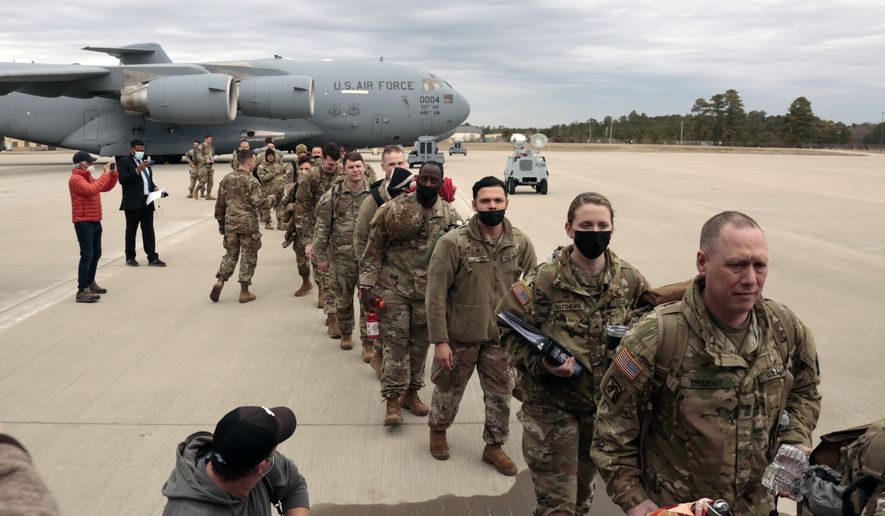Dozens of soldiers at Fort Cavazos in Texas, whose religion requires dietary accommodations, are being forced to pay for meals their faith won’t allow them to eat, according to an advocacy group.
Soldiers who live in the Army barracks and require kosher, halal or vegetarian meals are being charged for dining facility meals under the Defense Department’s Basic Allowance for Subsistence program. The program gives them an allowance — currently $460.25 a month — to cover the cost of meals on base, for which they are charged.
While troops can be reimbursed if they can’t eat the meals because of their religious requirements — which the Army calls “reclaiming” the payments — Michael L. Weinstein, founder and president of the Military Religious Freedom Foundation, said a chaplain on the base reported that 30 requests were denied.
He said the soldiers essentially pay twice for meals — the food they can eat consistent with their faith and the on-base meals they can’t consume.
“We have had Jewish, Muslim, Hindu, Buddhist and Christian [soldiers] request to reclaim their BAS due to the fact that the Dining Facility on the military installation cannot provide them meals in accordance with their faith tradition,” the chaplain, whose name was not disclosed, wrote in an email. “Military Dining Facilities are not outfitted to provide Kosher, HALAL or appropriate vegetarian meals. They can only provide generic meal options designed for the majority of service members.”
Formerly known as Fort Hood, after Confederate General John Bell Hood, the 82-year-old Army base is home to 65,000 soldiers and is the largest armored post in the U.S. armed forces. It was renamed in 2023 for General Richard E. Cavazos, a Texas native and the Army‘s first Hispanic four-star general.
Mr. Weinstein said Army Lt. General Sean C. Bernabe, the commanding general at the base, bears ultimate responsibility for the situation in which an enlisted person, often at the lowest pay grade, must essentially pay twice for their meals. He said he sent a formal complaint to the general on Feb. 12.
“No one has gotten relief there under Lt. General Bernabe,” he said. “You’ve got these young troops, some of them teenagers 18 or 19 years old, who can’t eat at the facility after their money’s been taken away. … It’s ridiculous, and the people that are being hurt are the most junior troops that live in the barracks and have to eat at the dining facility.”
A spokesman at Fort Cavazos referred a reporter to the Department of the Army headquarters at the Pentagon. A spokeswoman there promised a response to The Washington Times’ questions, but none was received.
The religious accommodation case — which under the 2024 defense authorization bill must be referred to Army Secretary Christine Wormuth within 10 days of Mr. Weinstein’s complaint — is not the first dining issue at the base. In August, the independent Military.com website reported junior enlisted personnel often had to struggle to find meals on base, due to a shortage of cooks and dining facilities.
• Mark A. Kellner can be reached at mkellner@washingtontimes.com.




Please read our comment policy before commenting.